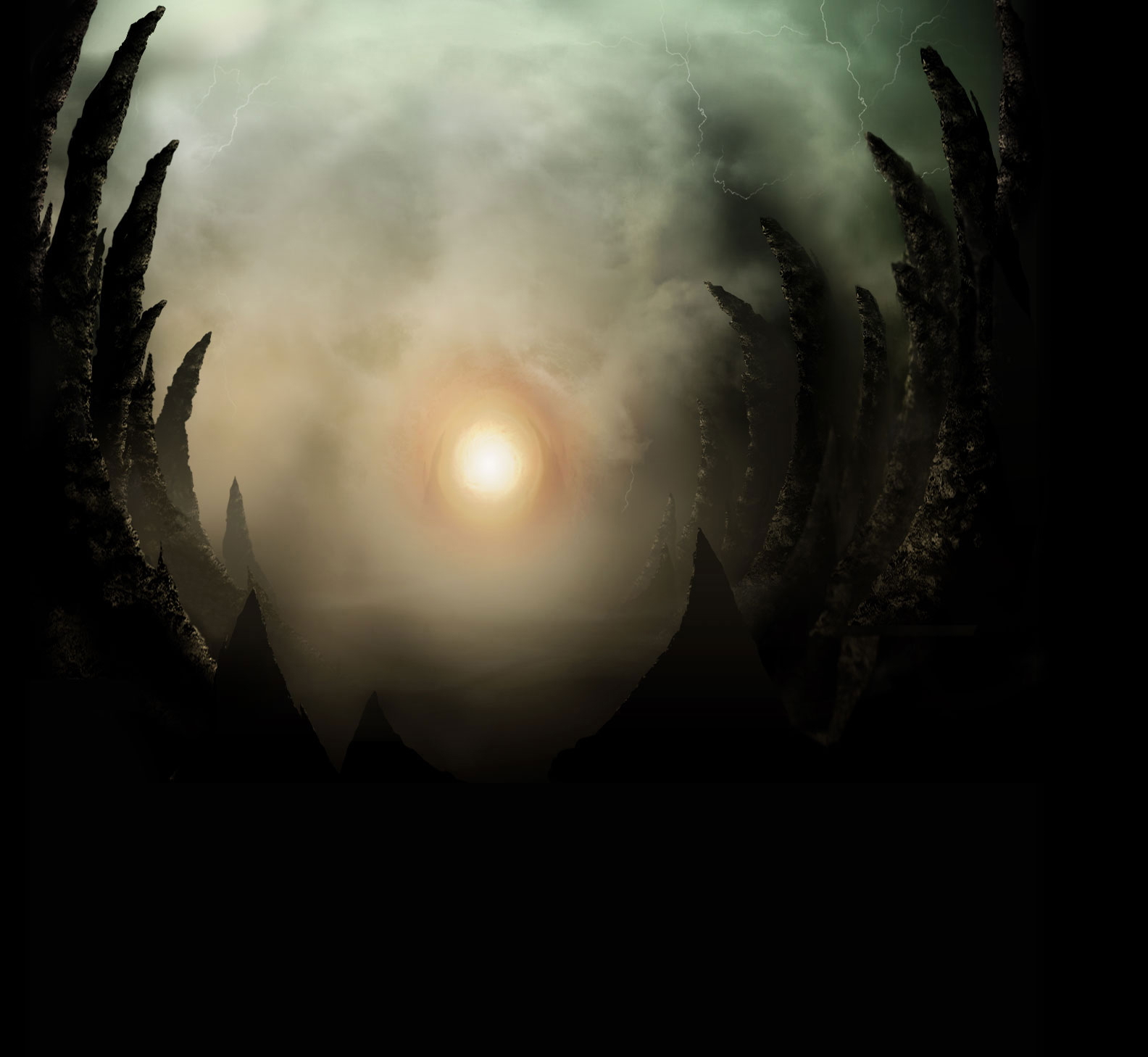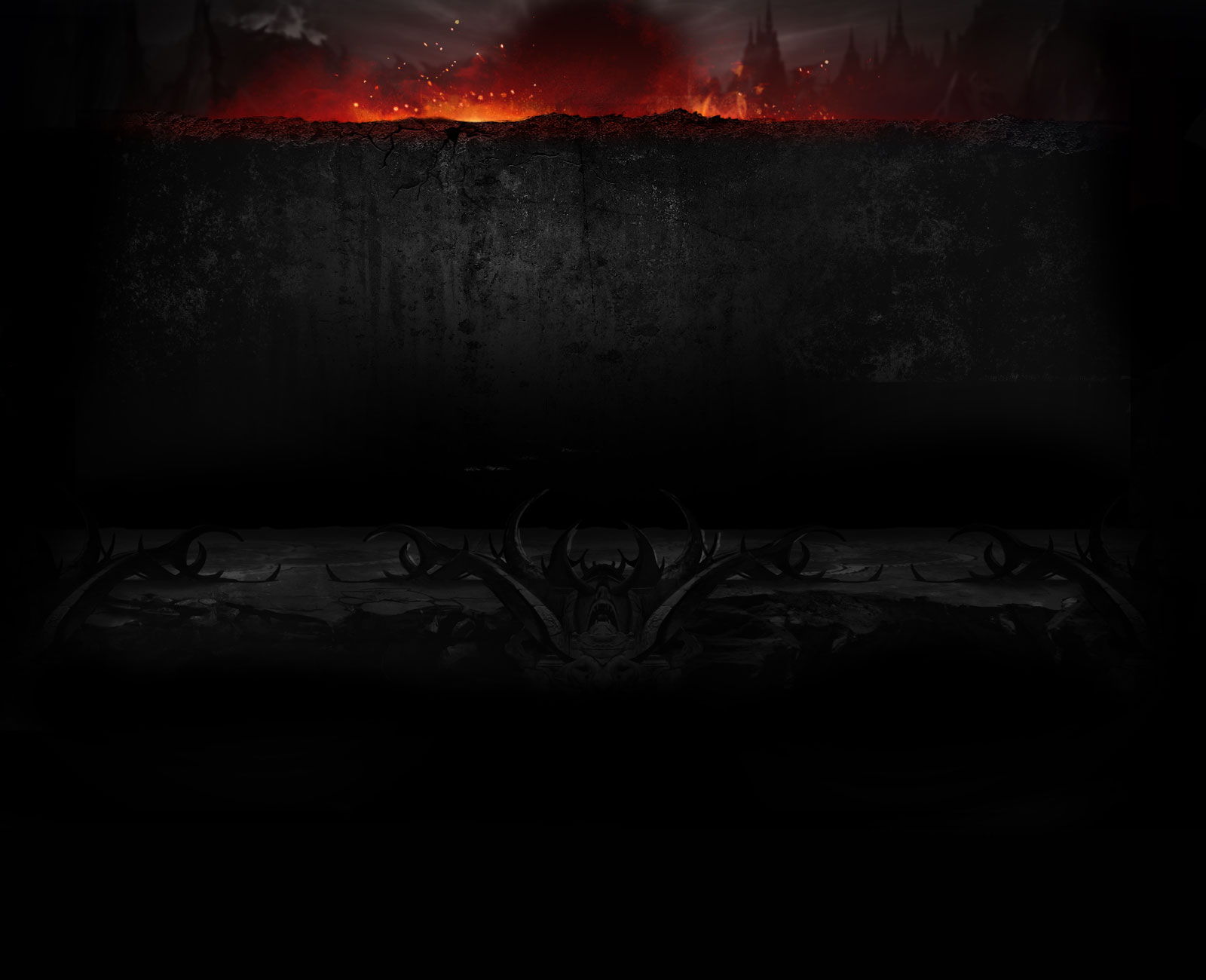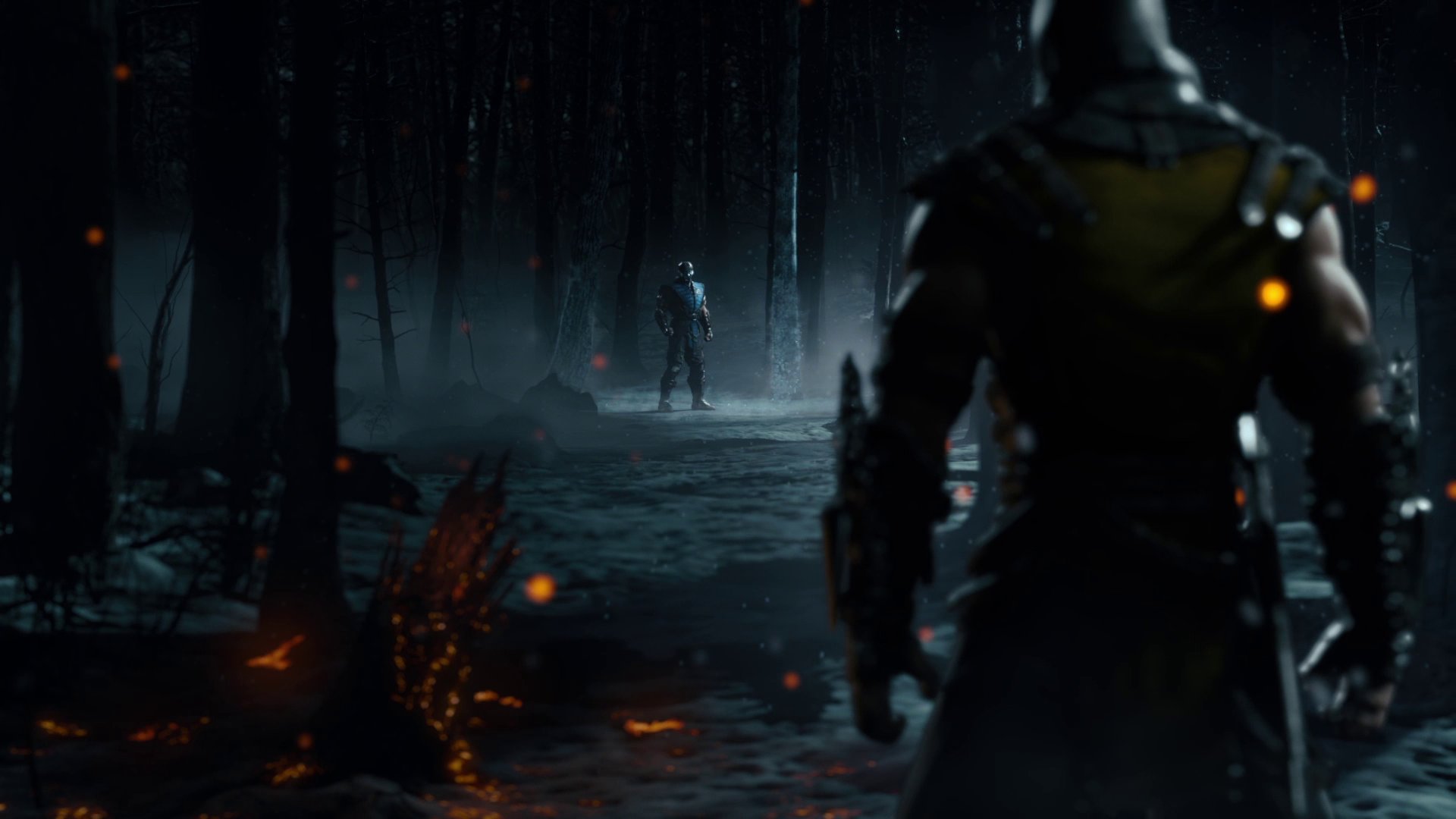The hypocrisy of this post is stunning.
The first major point is that every major fighting game involves a high amount of guessing. You mean to tell me that Marvel 3, SF4, Smash, DBFZ etc. don’t have a high amount of guessing in close situations? The option selects, throw reads, ledge shenanigans, mixups etc?
You’d be the guy in Smash complaining that you can’t get back from off the ledge for free and might have to guess/make a read coming back. Or the guy complaining that you can’t just guard somebody off the ledge for free, because they might actually hit you on their way back in.
Newsflash: fighting games involve a ton of prediction. They involve tons of situations where there’s no ‘right’ answer every time, and you need to read what your opponent will do. Strike or throw? Move or block? Dash or jump? Walk forward or back? Pressure on wakeup or block? It’s been this way since SF2, and the dirt in most of these games is far worse than “I might get thrown if I’m blocking”.
Saying “omg I can’t just jump in for free on wakeup all the time on autopilot, game must be broke” is borderline silly. No one decides what the ‘one true formula’ is for a fighting game, and each game is free do do things differently. Force a breakaway and then do what you want.
The entire point of MK11 was to get back to fundamentals. And since you’d rather just keep heaping tech on people to open them up, rather than spacing them out better, making better reads, and in general being a smarter player (none of which requires new BnBs), you find it boring.
The game doesn’t have to be for everybody, but the true reward in MK11 is learning to better understand your opponents and how they think and move. And disciplining yourself to apply simple fundamentals on a higher and higher level each day. By taking away some of the ‘extra’ it’s meant to focus you on what matters most in fundamental play, and that’s the joy of it.
All of them involve guesswork. However, a large amount of those games allow 'good players' to eliminate a lot more of the chance-game through their gameplay. A big difference is many chance elements are actually unfavorable to use if reacted to properly in these games (but not true for NRS games.)
See Killer Instinct, a game notoriously disliked for its "RNG" components, yet it still has way less guesswork at a high level than any NRS game does. Combo breakers in KI are hated because people say "you can just guess out of a combo," and completely disregard the nuances forced at a higher level. If people genuinely 'guess' combos, they only actually have 1/3rd raw chance of doing so, and there are many ways to mess up timings and juggles to make this even more difficult (or even counterbreaker if you're exceptionally confident.)
All these components together make it very unfavorable to consistently guess, and statistically speaking it will not work out.
NRS games rarely, if ever, possess these nuances. This is how a proper 'guesswork' system is done with the ability to play around it at a higher level (a big part of being a 'good player' in 2d fgs is managing your risk/reward decisions, which you are not adequately allowed to do in NRS games.)
Honestly, your understanding of fighters seem very rudimentary when you're pulling this "all games have guesswork" defense because it's a binary simplification.
Take SF4 as an example since you used that. Any time someone blocks your move at close range in SF4, you are not automatically put in a mixup situation. You have access to safer defensive answers (backdash, focus backdash, DP FADC, various EX move, delay tech OS) that lets you bypass high-chance guesswork and rarely gets fiercely punished outside of a very hard read.
In MK11, any time your opponent blocks your move at close range, you have to guess. You don't have invincible backdashes to force them to just light strings (that heavily scale damage or don't allow you proper combos, depending) into lk+hk to OS sweep in order to catch your backdash, like you could in SF4. or if you recognize that they use this OS to catch your backdash, you can focus backdash to avoid it. You can't react to the throw tech like in tekken, you can't properly delay tech OS like in sf4 (which is vulnerable to frame traps, so it all adds into the mindgames.) The options just aren't there to bypass this guessing game for NRS games, while it exists in most other proper fighting games (which you seem to completely ignore, or you're unaware of it. either one is bad.)
This is why I say your understanding of fighters has to be rudimentary because you completely overlook this part which exists in many, many fighters, but not NRS games. It's not just "chance exists everywhere" it's about "how integral/prevalent is chance in the gameplay." In these games, these guesswork situations have way bigger impact on the outcome of a match than in most other fgs.
you tell me I complain but the reason I complain is because I've played many, many different fighting games. unlike you, I'm not a player of a particular franchise, which is why i'm objective and you get sad when i call out this franchise specifically for being exceptionally scrub-friendly. sf4, guilty gear, kof, killer instinct and tekken 7 do not suffer from the same issues at all. DBFZ and SFV, however, do. This is because similar to NRS games, they are oversimplified and in return this lowers the amount of options players are left with, and increases the impact of each chance decision.





